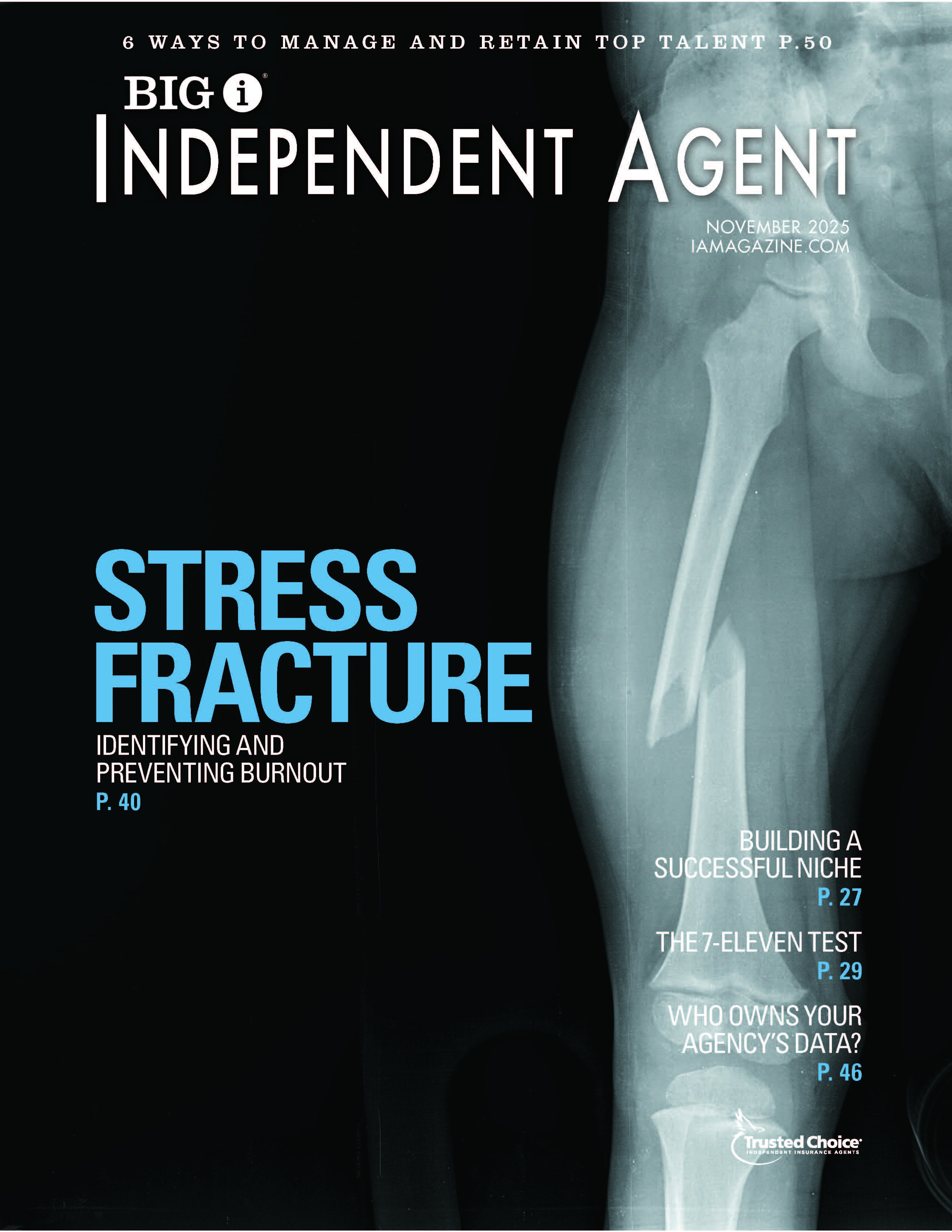6 Essentials for Successful Leadership Transitions

By: Rich Poirier
My tenure as CEO of Church Mutual is coming to a close. On Jan. 1, 2024, Alan Ogilvie will assume the CEO title, and I will transition to become a senior business adviser. Am I ready for the change? Yes and no, which is a sentiment that will no doubt be familiar to many other business owners transitioning away from a leadership role.
I say “yes,” knowing I’m ready to hand over the reins to an incredibly competent leader who will continue our journey. We share the same vision for this company, and we’re bullish on its future.
But as I reflect on the progress I have been privileged to oversee, another part of me says, “No, I’m not ready,” because I truly will miss the opportunity to interact with our customers, hear their stories and support their great work.
More than a year ago, as I worked with our board of directors and senior leadership team, we focused on the strengths and qualities essential for the next leader’s success. Here are six things that apply to every leadership transition:
1) Prioritize innovation. As weather patterns change and severe storms become more frequent, we need to find better ways to assess and mitigate risk to prevent claims and disruption.
2) Embrace technology and artificial intelligence (AI). We’re already applying predictive analytics and tools to solve problems. AI adds even more possibilities.
3) Support your culture and values. In the drive to expand, diversify and be profitable, we can’t lose the essence of the company, which has underpinned our growth. We need to remain warm, friendly, honest and sincere, and we must continue to embrace our small-town Wisconsin roots.
4) Attract and retain the very best talent. The talent war is real, and it’s not abating. We all need to do a better job of selling the insurance industry’s career offerings to students in college and even earlier. We also need to be open to those without college degrees if they have a drive to learn. Of course, seeking employees who represent all aspects of diversity remains critical.
5) Demonstrate genuine care and empathy toward your customers. I cannot overemphasize the importance of getting in the trenches with those we insure. A CEO needs to get out from behind the desk. That’s the best way to understand our customers’ challenges and what they need from us to overcome them. I’ve seen some horrific damage, from the tornado that leveled Joplin, Missouri, to the devastation caused by wildfires in Paradise, California. I’ve prayed with customers, and I’ve cried with them. It’s made me a better CEO.
6) Leave the company better than you found it. When we reviewed the many excellent candidates to replace me, this imperative rose above all others. The next CEO must take the company to new heights while respecting the legacy that built us.
A strategic leadership transition represents a healthy change that’s essential to any company’s success. Regardless of prior experience, a new leader must be resilient, courageous, empathetic and humble. A leader must serve with an open heart and an open mind. When all those stars align, employees will follow that leader, customers will be well served and success will result.
Rich Poirier is CEO of Church Mutual Insurance Company.










